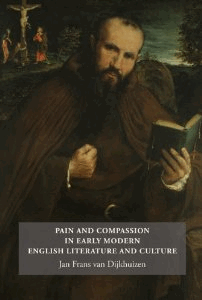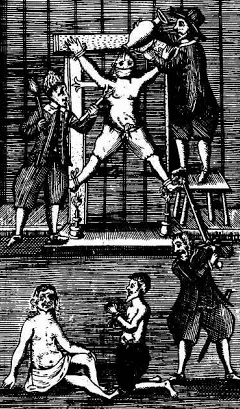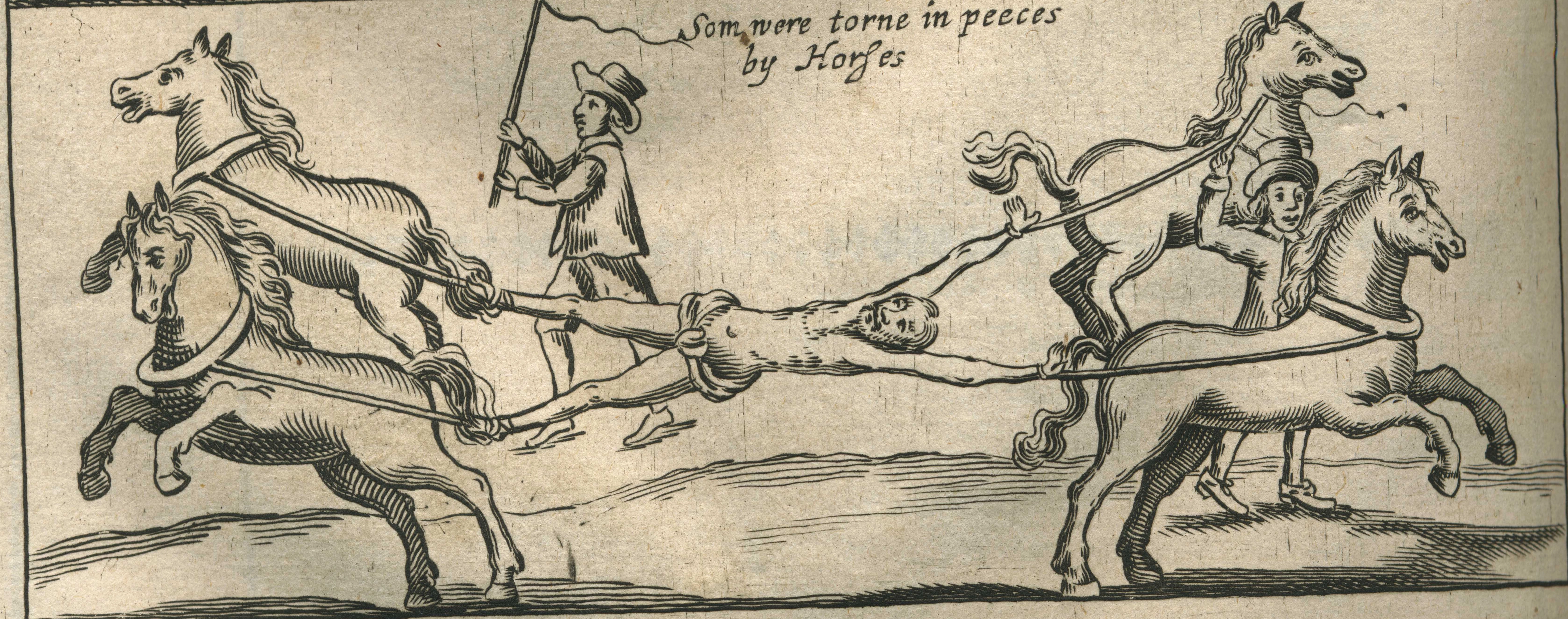Epicureanism and sedition
Misconceptions about Epicureanism were rife during the early modern period. The most deep-rooted and persistent misconception of all was the equation of Epicureanism with hedonism. Despite the sixteenth-century ‘“rehabilitation” of Epicurus by Valla, Erasmus, Ficino, and Landino (among others)’, and the fact that ‘Montaigne and Burton among others …
Loving one’s enemies
Despite institutionalized punishments that most people today would consider to be cruel, emphasis on compassion - a heartfelt assertion that ‘true Christians haue compassion towards their enemies’ (Thomas Wilson, Saints by Calling: or Called to be Saints, London, 1620, p. 386) - is one of the salient features of seventeenth-century Protestant disco…
The Art of Suffering
Ann Thompson, The Art of Suffering and the Impact of Seventeenth-Century Anti-Providential Thought (Ashgate, 2003). This book gives a useful insight into the decline of the 'art of suffering' in the seventeenth century. As Thompson explains, during the earlier part of the century, writers like Richard Rogers, Paul Baynes, John Downame, Henry Scudde…
Pain and Compassion
Jan Frans van Dijkhuizen, Pain and Compassion in Early Modern English Literature and Culture (D.S. Brewer, 2012) This came out after I had submitted my manuscript to the publishers, and I was therefore not able to make use of it in my own work. However, Dijkhuizen wrote ‘Religious Meanings of Pain in Early Modern England’,…

The "Pleasant Spectacle" of Suffering
Montaigne, describing a public execution he witnessed while in Rome, expresses his horror at the cruelty of those who invent vnused tortures and vnheard-off torments; to devise new and vnknowne deathes, and that in colde blood, without any former enmitie or quarrel, or without any gaine or profit; and onely to this end, that they…

Suffering in the Seventeenth Century
During the earlier part of the seventeenth century, religious flagellation still survived, even in Protestant England. John Gee (a Church of England clergyman) recounts how, during the reign of James I, Catholic flagellants marched in procession to Tyburn, and partly endorses the practice, declaring himself ‘no enemy vnto austerity of life, and tam…

